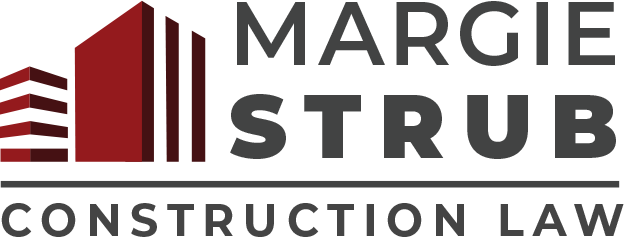Vexatious Lawsuits
Key Takeaways
Words of warning to lien claimants. The court in Lazi Ventures Inc. v. Carter[1]describes conduct that lien claimants should avoid or risk losing their claim for lien. First, a lien claim may be discharged, even if the lien claim has merit, if the court determines the claimant’s lawsuit is a vexatious abuse of process. Second, lien claimants who operate through corporations should clearly communicate their corporate name when doing business (e.g., on invoices and contracts). If care is not taken, the identities of the contracting parties may be unclear, and a court may dismiss the lien claim on the basis that no contract exists.
Background
The plaintiff contractor, Lazi Ventures Inc. (“LVI”) registered a business name “Plumbers on Demand.” Afterwards, Mr. Lazi registered the trademark “Plumber on Demand” (“POD”) under his personal name. Notably, the business name registered to LVI is in the plural and the trademark is in the singular.
The defendant homeowners had a flooding emergency. The plumber advised the homeowners that the water damage needed to be addressed and not to be concerned about pricing because it would be covered by insurance. Thereafter, POD invoiced ~$33,000 for the remediation work. Subsequently, the homeowners’ insurer inspected the site and estimated the repair work at ~$4,500.
When the homeowners refused to pay, LVI registered a lien. Mr. Lazi then sent a letter misrepresenting himself as someone licensed to practice law and threatened legal action if there was no payment. Mr. Lazi was not licensed to practice law.
Ground 1: Was the lawsuit frivolous?
The homeowner defendants brought a motion to discharge LVI’s lien under section 47 of the Construction Act (“CA”). Section 47 has broad application, and a lien may be discharged, and action dismissed, where the claim is frivolous, vexatious or an abuse of process or on any other proper grounds.
Frivolous lawsuits turn on the merits of the case. A frivolous lawsuit is one that is so highly unlikely to succeed that it is apparently devoid of practical merit.[2] The defendants in Lazi failed on this ground.
Ground 2: Was the lawsuit vexatious and an abuse of process?
Lawsuits that are “vexatious” or an “abuse of process” are a question of process. Vexatious lawsuits include lawsuits brought for an improper purpose.[3] In considering whether a lawsuit is vexatious, the entire history of the matter must be considered.[4] This ground reflects the court’s power to prevent the administration of justice from being brought into disrepute and the misuse of its procedures. It includes conduct that is “oppressive,” “unfair,” and is a violation of the fundamental principles of justice.
In Lazi, the court concluded there was an abuse of process arising from LVI’s pattern of conduct of using deceptive tactics to gain access to work and misrepresentations about practicing law which were made to pressure customers into paying, apparently, excessive charges.
Ground 3: The Identity of the Contracting Parties
For a corporation to prove a lien, the corporation must prove that the corporation (and not the principal of the corporation) was the contracting party.[5] Furthermore, the Business Names Act[6] prohibits corporations from carrying on business or identifying itself to the public other than through a registered name.
In Lazi, the evidence showed that the defendant homeowners only dealt with POD. The name LVI or “Plumbers on Demand” did not appear on any invoice or document. Accordingly, Associate Justice Wiebe found there was no contract between the homeowners and LVI and dismissed the lien claim, contract claim and contractual claims for quantum meruit.
While LVI’s claim for unjust enrichment might have survived (see Juddav Designs Inc. v. Cosgriffe[7]), in this case the entire lawsuit was dismissed as a vexatious abuse of process.
[1] Lazi Ventures Inc. v. Carter, 2022 ONSC 3111 [Lazi]
[2] Lazi, at para 27.
[3] Lazi, at para 32.
[4] Lazi, at para 32.
[5] Lazi, at para 24.
[6] Business Names Act, R.S.O. 1990, c. B. 17, section 2(1)
[7] See Juddav Designs Inc. v. Cosgriffe, 2010 ONSC 6597


